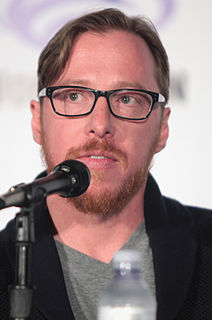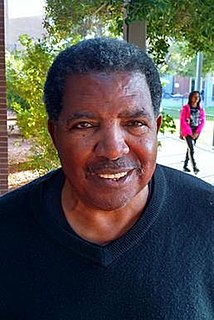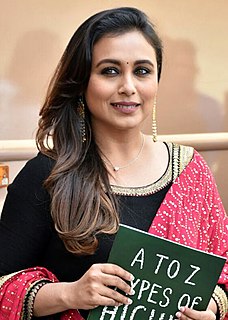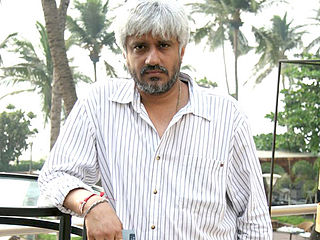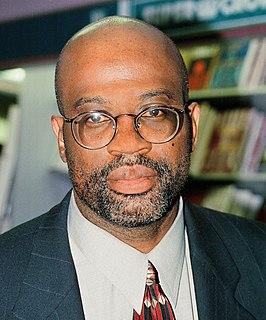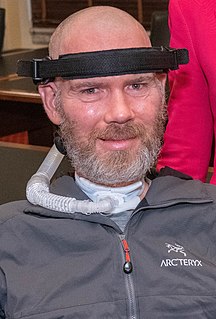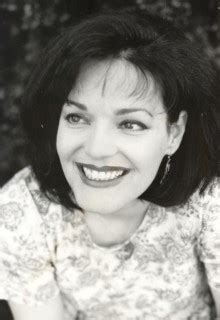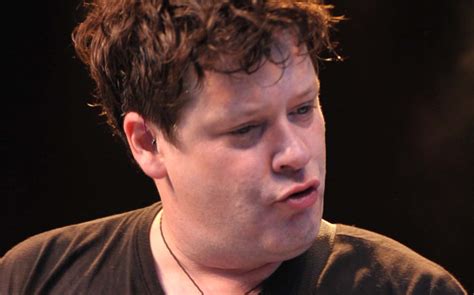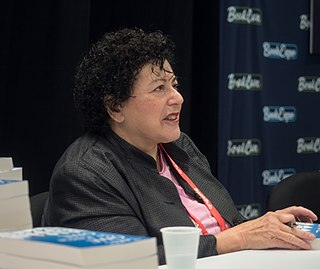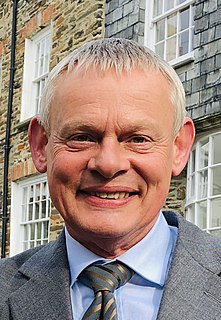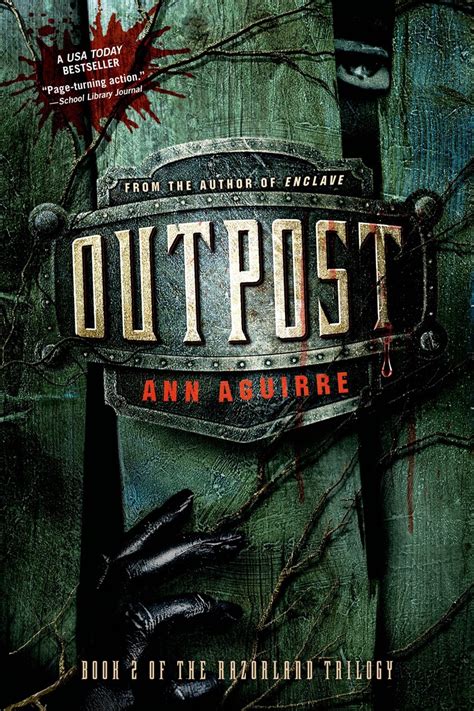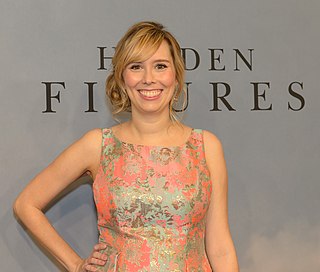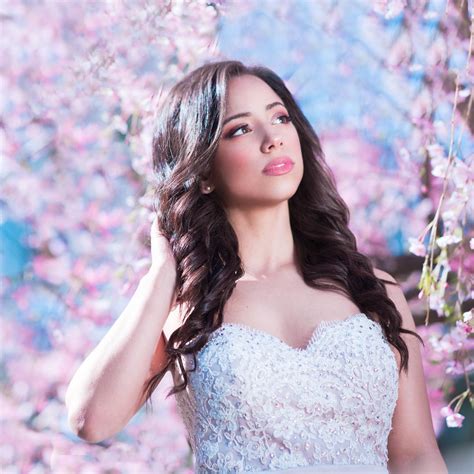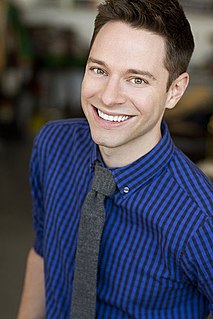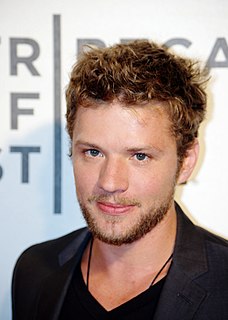Top 288 Protagonist Quotes & Sayings - Page 4
Explore popular Protagonist quotes.
Last updated on April 20, 2025.
I love taking a character and raining holy hell down on them and seeing how they respond, how they react. It's one of the things I do in almost all my books - my protagonist is put through a very stressful situation that tests their strength and their psychological acuity. That's one of the core components of who I am as a writer.
One of the reasons why I think virtual reality, as a narrative format, is never going to go beyond the short-form immersion space is because the bedrock of visual storytelling is the reverse angle. If you can't look into the eyes of the protagonist, you cannot hold people's attention for more than 15 minutes.
I write what I like to read, and I enjoy love triangles in YA and adult fiction - not to mention in other media like TV, opera, theatre, and even in video games! I relish when dark and compelling characters compete for our protagonist's heart. The doubts, the uncertainty - the jealousy! - can be breathtaking.
'Black Swan' does what Hollywood movies have always done - it spends its energies on getting some surface things right while getting everything important wrong. Darren Aronofsky, the director, applies the same techniques and the same sensibility here as he did with 'The Wrestler,' only with a prettier protagonist.
One of the bibles of my youth was 'Birds of the West Indies,' by James Bond, a well-known ornithologist, and when I was casting about for a name for my protagonist I thought, 'My God, that's the dullest name I've ever heard,' so I appropriated it. Now the dullest name in the world has become an exciting one.
You can write a radical Norwegian or a conservative Norwegian. And when I changed to a conservative Norwegian, I gained this distance or objectivity in the language. The gap released something in me, and in the writing, which made it possible for the protagonist to think thoughts I had never myself thought.
I can't tell you the number of stories I've told with a female protagonist don't get bought, or they do get bought and get changed drastically. Or, I will literally write into the script different races, and they get cast all-white. I hope that stops and it opens the door for more voices to be heard in movies.
I started writing novels while an undergraduate student, in an attempt to make sense of the city of Edinburgh, using a detective as my protagonist. Each book hopefully adds another piece to the jigsaw that is modern Scotland, asking questions about the nation's politics, economy, psyche and history ... and perhaps pointing towards its possible future.
In 'A Bone in the Throat,' he describes his protagonist and alter ego, the cook Tommy Pagano, as 'darker, and not as tall as the chef, his hair stood up straight and spiky like a young Trotsky's.' He describes Little Italy with such verve, such flavor, that it is impossible not to smell the streets or taste the food.
In 'Nineteen Eighty-Four,' protagonist Winston Smith works at a propaganda department for the state called the 'Ministry of Truth,' where inconvenient news can be discarded down a 'memory hole.' Orwell was fixated on the idea that under certain governments, the past can be altered or documents rewritten.
You know, you're not aware of it, but you're following the action of the film through the body of the protagonist, you know? You feel what he feels when he jumps, when he leaps, when he wins, when he loses. And I think I just took it for granted that, you know, we can all do that, but it became obvious to me that men don't live through the female characters.
Anytime you have a female protagonist, it's going to turn into some feminist angle, and it's not a conscious thing on my part. It's only recently that that's been pointed out by the media . . . or pointed out by fans. I also find complicated, flawed characters interesting. What's the opposite? To play one-dimensional, boring failures?
It is a misrepresentation to call my works fiction; the work loses something when categorized this way. I realize that the stories are somewhat unbelievable, but the fact that they do actually unfold in reality and leave evidence, that they play out in the "real" world, is important to the work. I am the protagonist of the story, but I am not in full control of it.
